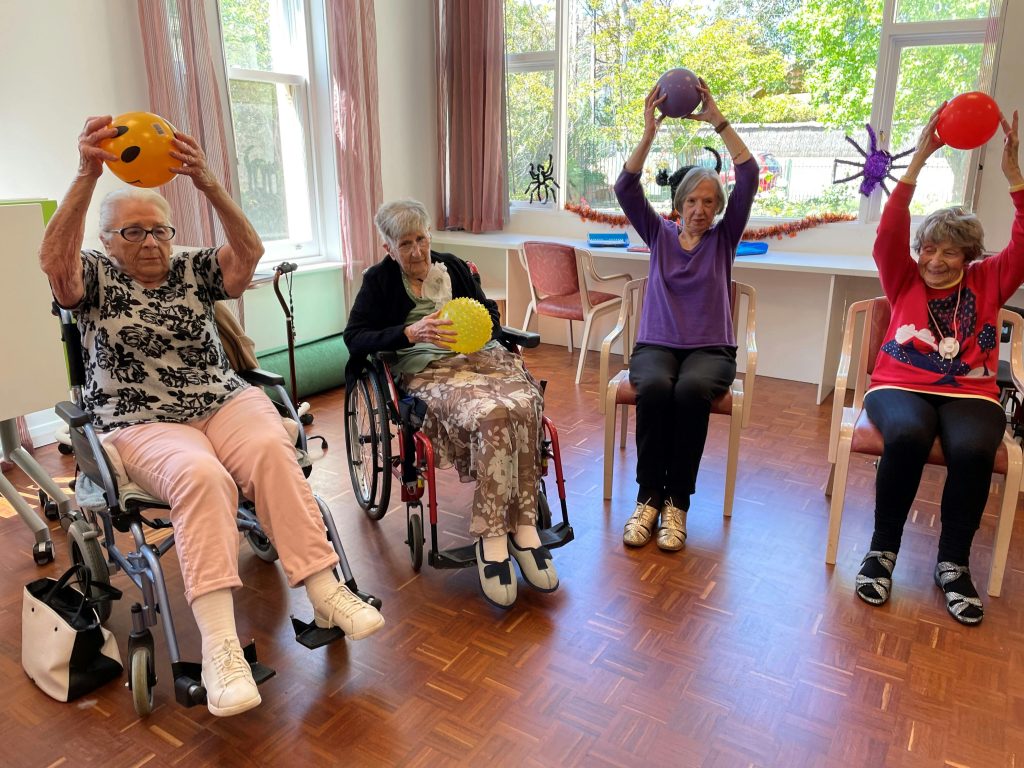Empower residents through decision-making pivotal for enhancing their sense of belonging and satisfaction. When residents actively participate in decisions that affect their daily lives, they feel valued and respected, which fosters a positive and engaged community.
Understanding Resident Empowerment
Resident empowerment involves giving individuals the autonomy and tools to make choices about their living environment and daily activities. This empowerment leads to:
- Increased Satisfaction: Residents feel happier and more content.
- Enhanced Well-Being: Physical and mental health improvements due to reduced stress and increased sense of control.
- Community Building: Stronger bonds and trust among residents and staff.
MECE Framework for Involving Residents in Decision-Making
1. Communication Channels
Open Forums and Meetings
- Town Hall Meetings: Regularly scheduled meetings where residents can voice their opinions and suggestions.
- Focus Groups: Small, diverse groups of residents discussing specific topics to gather detailed feedback.
Digital Platforms
- Resident Portals: Online platforms where residents can submit suggestions, vote on proposals, and stay informed about community decisions.
- Surveys and Polls: Digital surveys to gauge resident satisfaction and gather opinions on potential changes.
2. Participation Structures
Committees and Councils
- Resident Advisory Councils: Groups of elected residents who represent the community’s interests and work with management on decision-making.
- Activity Committees: Resident-led groups that plan and organize community events and activities.
Suggestion Systems
- Suggestion Boxes: Physical or digital boxes where residents can anonymously submit ideas or concerns.
- Feedback Apps: Mobile applications that allow for real-time feedback and suggestions.
3. Education and Training
Informative Sessions
- Workshops: Sessions on topics such as decision-making processes, community management, and leadership skills.
- Guest Speakers: Experts providing insights on resident rights and empowerment strategies.
Resource Materials
- Guides and Handbooks: Comprehensive materials detailing how residents can get involved and the impact of their participation.
- Online Resources: Websites and portals offering information and tools for effective resident involvement.
4. Recognition and Incentives
Acknowledgment Programs
- Resident of the Month: Awards recognizing active and impactful participants in community decisions.
- Certificates and Badges: Symbols of appreciation for residents contributing to the community’s well-being.
Incentive Programs
- Points Systems: Residents earn points for participation that can be redeemed for rewards.
- Exclusive Events: Special events or activities for residents who actively engage in decision-making processes.
Detailed Strategies for Effective Involvement
Regular and Transparent Communication
Importance
- Builds Trust: Transparent communication fosters trust between residents and management.
- Prevents Misunderstandings: Clear information dissemination avoids confusion and misinformation.
Implementation
- Newsletters: Monthly updates on community news, upcoming meetings, and decision outcomes.
- Notice Boards: Centralized locations for important announcements and updates.
Creating Inclusive Opportunities
Ensuring Diversity
- Representation: Ensure all demographic groups within the community are represented in decision-making bodies.
- Language Accessibility: Provide materials and meetings in multiple languages to accommodate all residents.
Accessibility
- Physical Accessibility: Ensure meeting locations are accessible to all residents, including those with mobility issues.
- Digital Accessibility: Ensure online platforms are user-friendly and accessible to residents with varying levels of digital literacy.
Empowering Through Education
Capacity Building
- Skill Development: Offer training sessions to develop skills such as public speaking, leadership, and negotiation.
- Knowledge Sharing: Encourage residents with expertise in various areas to share their knowledge with the community.
Continuous Learning
- Regular Updates: Keep residents informed about new policies, community projects, and opportunities for involvement.
- Feedback Loops: Create systems for residents to provide feedback on the decision-making process and their involvement experiences.
Conclusion
Involving residents in decision-making processes is essential for creating a thriving and empowered community. By establishing effective communication channels, structured participation opportunities, educational initiatives, and recognition programs, communities can ensure that residents feel valued and heard. This not only enhances their quality of life but also strengthens the overall community.



